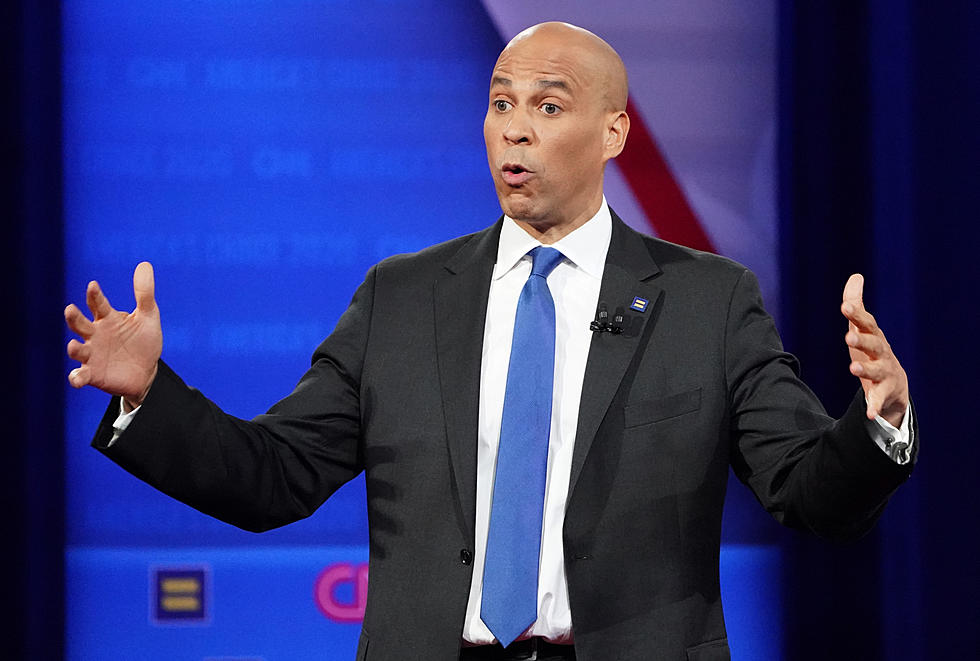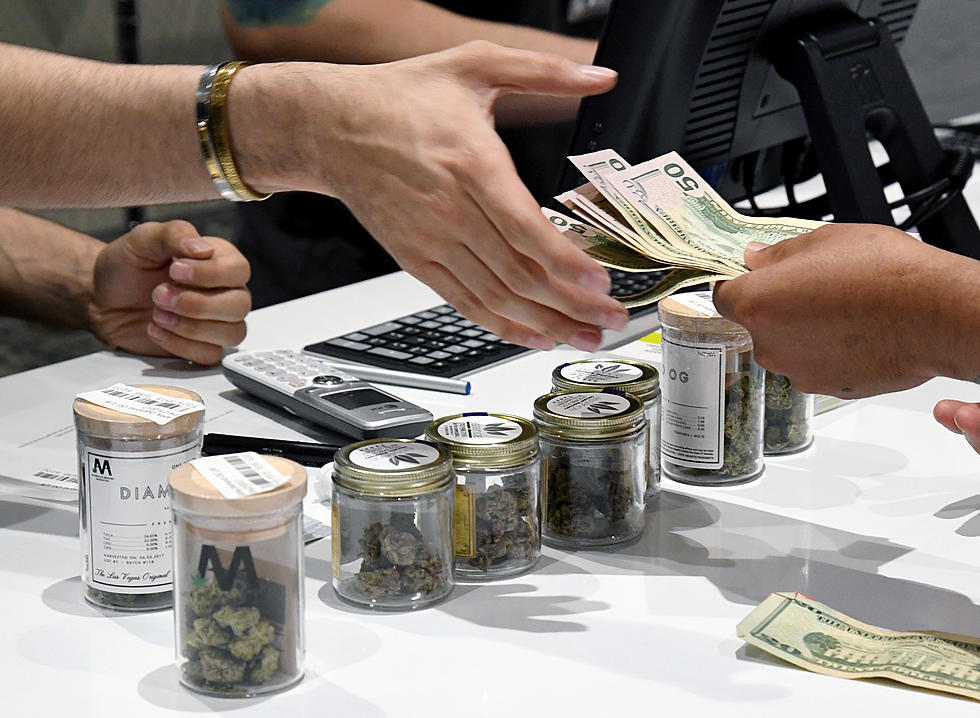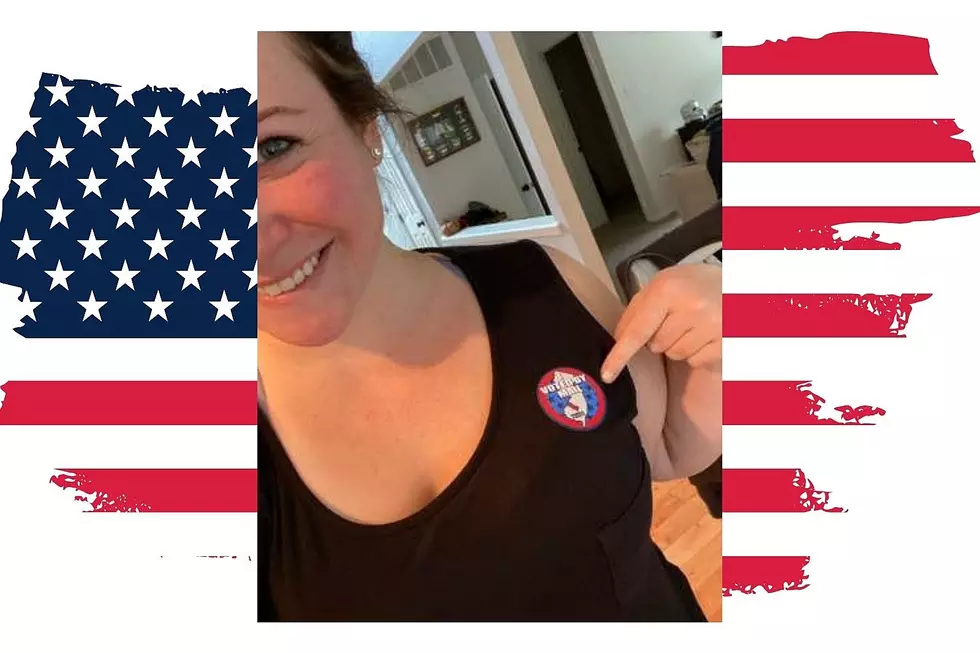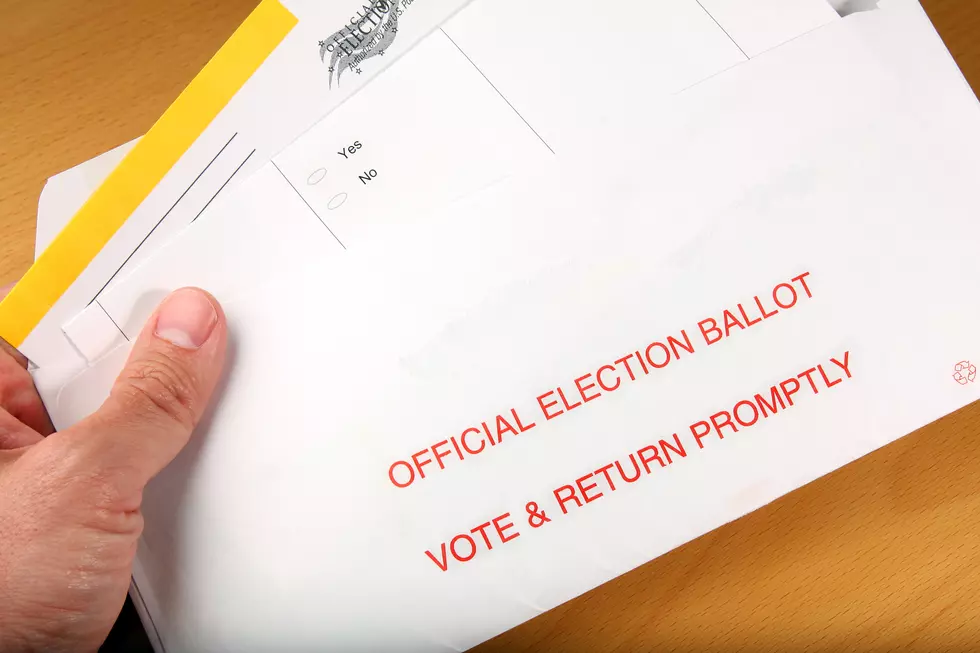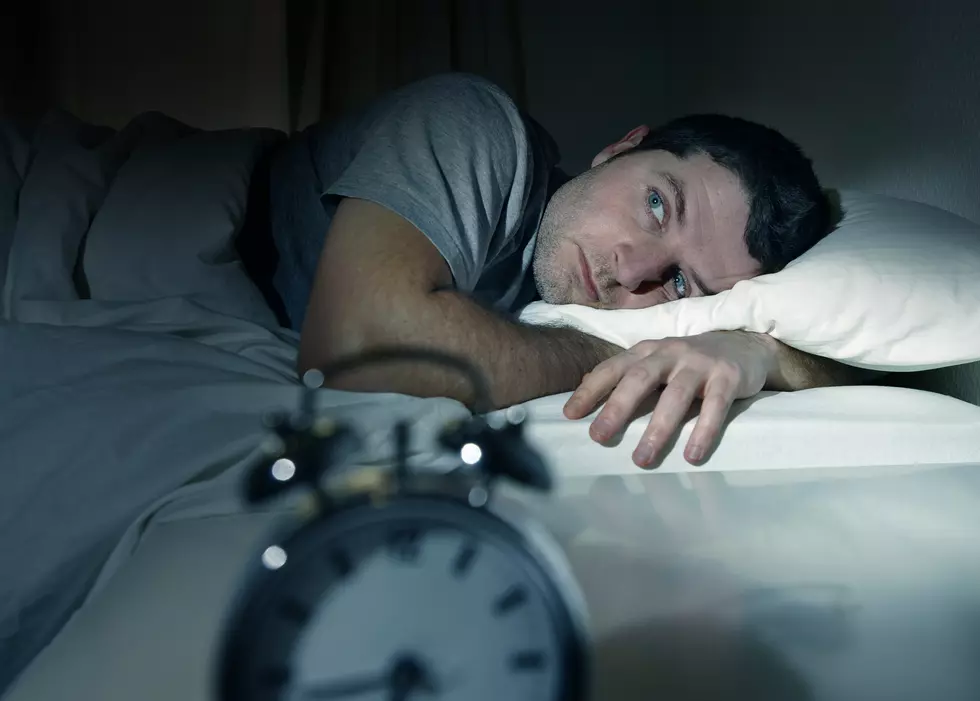
Election anxiety up 18% from 2016 — what you can do to lessen it
With less than a week to go until Election Day, many New Jerseyans who are anxious about the outcome of the election may be finding it hard to focus or even sleep.
And because we almost certainly won't get the closure that comes with results by the end of Tuesday night, that anxiety could linger, according to Dr. Ronald Coughlin, a Mercerville psychologist.
"One of the dreaded human conditions is uncertainty," Coughlin said. "People would rather have bad news, because bad news lets you make a plan."
If you are feeling stressed, you're not alone, according to Coughlin. An American Psychological Association study estimated that 70% of Americans are stressed about this election cycle, compared to 52% in 2016.

Coughlin suggested that the first thing New Jerseyans should try to do to combat election anxiety is get proper rest. But thinking too much about the race can keep the left side of your brain active, when that side needs to shut down in order for you to sleep soundly.
What he recommends not doing may sound strange, and that is telling yourself not to think about the election at all.
"Try not to say not to do something, not to think about it, because if you say that, you're going to do it more because the brain can't process the word 'not,'" Coughlin said.
Instead, make a concerted effort to think about something else, especially if you are tired of all the negativity in campaign messaging and advertisements.
"Focus on positive things in your life and understand it's not about you. It's what they're trying to do," Coughlin said. "If you limit that amount of news, you're going to limit that amount of negativity coming into your life."
Why exactly are people so anxious this year? Coughlin said the top three reasons he has heard are the outcome of the election itself, being able to properly fill out a ballot, and risking getting injured at a polling place, with all of those feelings made more intense by our growing fatigue over the COVID-19 pandemic.
But while people may be fearful of a ballot box confrontation, they should also realize that fighting over politics is a verbal occurrence much more often than physical.
Coughlin said if you get caught up in a conversation with someone with an opposing view, don't let it go on too long. Understand that the points you are making are valid, but there is a limit to how productive one of those discussions can be.
"We call that a 'toddler standoff,' because one of you saying 'mine,' my view, the other one saying 'no,' those are the two favorite words of the toddler," Coughlin said.
Similarly, Coughlin recommends limiting your intake of political news in print, broadcast, and on social media — no more than 20 or 30 minutes at a time. Turn to a hobby or a family activity, something that you like that takes your focus away from the downside of anxiety.
Patrick Lavery is New Jersey 101.5's afternoon news anchor. Follow him on Twitter @plavery1015 or email patrick.lavery@townsquaremedia.com.
NJ’s lives lost to COVID-19 — Loved and Lost
More From SoJO 104.9 FM


